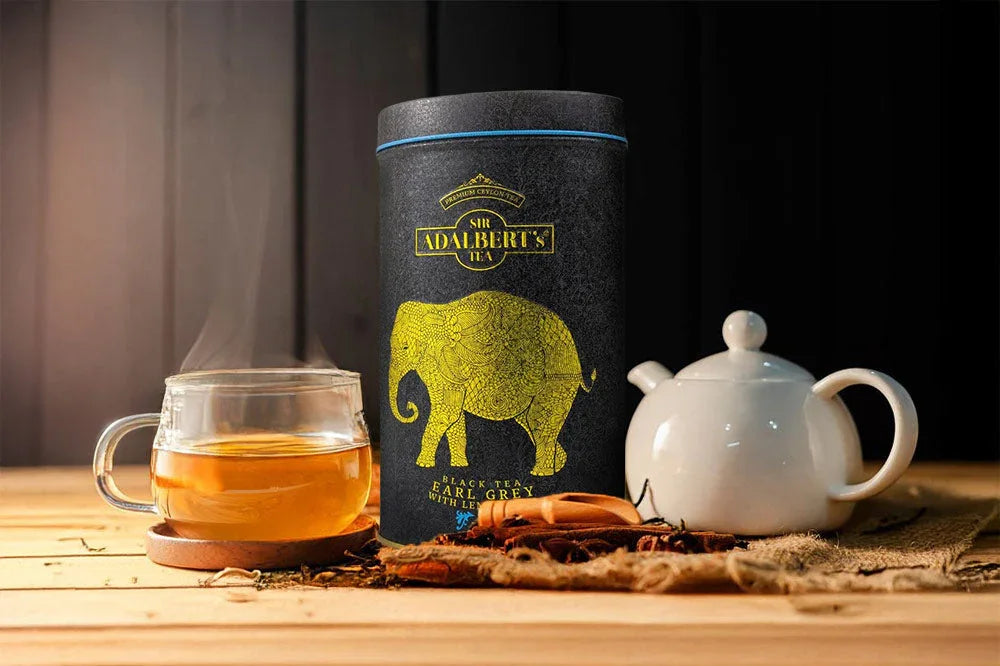
Does tea have caffeine? Or maybe theine?
Tea is one of the most popular beverages in the world, appreciated for its subtle flavor, rich aromas, and versatility. We reach for it at any time of day – in the morning to energize, in the afternoon to relax, and in the evening to unwind. However, many questions have arisen surrounding its properties, and one recurs most frequently: Does tea have caffeine? Does this aromatic beverage we so readily drink actually contain a substance known for its stimulating properties?
What will you find in the article?
Does tea contain caffeine or theine?
Let's start with the basics. Does tea contain caffeine or theine? From a chemical point of view, theine and caffeine are exactly the same substance. The name "theine" originated in the 19th century when scientists isolated an alkaloid from tea leaves and, thinking it was a new compound, gave it that name. Only later was it discovered that it was the same chemical found in coffee beans, guarana fruit, and yerba mate.
So why do we feel a different stimulating effect after drinking a cup of tea than after a cup of coffee? The secret lies in the environment in which caffeine in tea occurs. In tea leaves, caffeine is bound to other substances, mainly tannins and L-theanine.
Tannins slow the absorption of caffeine into the bloodstream. As a result, theine is released more slowly and has a longer, yet gentler, effect. We avoid the sudden energy boost and subsequent sharp decline in performance that is typical of coffee.
LTheanine is an amino acid with proven relaxing properties. It influences alpha brain waves, inducing a state of relaxed alertness. It allows caffeine to act in a more balanced way – stimulating the nervous system but without causing irritation.
Is there caffeine in tea?
To sum up: yes, tea has caffeine, but in the context of tea we often call it theine to emphasize its unique, milder and longer-lasting effect.
How much caffeine is in a glass of tea?
It depends. The caffeine content in tea depends on its type.
| Type of tea | How much caffeine does it have? |
| Black tea | 40-70 mg |
| Green tea | 20-45 mg |
| White tea | 15-55 mg |
| Red tea | 30-60 mg |
| Oolong tea | 30-60 mg |
| Yerba Mate Tea | 80-90 mg |
How much caffeine does black tea have?
Black tea undergoes a complete oxidation process, which affects its properties. A cup of black tea typically contains 40 to 70 mg of caffeine.
How much caffeine does green tea have?
The caffeine content in green tea is lower than in black tea. A standard cup contains 20 to 45 mg of caffeine. Its specific content depends on many factors, including the brewing method.
How much caffeine does white tea have?
Considered one of the most delicate teas, white tea often has surprisingly variable caffeine content. Why? Because it's made from young buds, which naturally contain more caffeine to protect against insects. The caffeine content in white tea can range from 15 to as much as 55 mg of caffeine, depending on the ratio of buds to leaves.
With vs Fact
Myth: White tea has the least caffeine.
Fact: Because it is made from young buds, which protect themselves from insects by containing a lot of caffeine, its content can be comparable to strong green tea!
How much caffeine does red tea (Pu-erh) contain?
Red tea has a moderate caffeine content – from 30 to 60 mg.
How much caffeine does Oolong tea have?
It is somewhere between green and black tea, and its caffeine content is from 30 to 60 mg.
How much caffeine does Yerba Mate have?
Although technically it is not tea (it comes from the yerba mate), Yerba mate is known for its very high caffeine content, often exceeding even strong black tea (approx. 80-90 mg per serving).
Which tea has the most caffeine?
The question of which tea contains the most caffeine isn't easy to answer, as many factors influence the final amount of caffeine in tea. However, it's generally accepted that the following teas compete for the title of having the highest caffeine concentration:
- Matcha: This is powdered green tea, where you consume the entire ground leaf, not just the infusion. This provides your body with significantly more caffeine than regular tea. A serving of matcha can contain anywhere from 70 to 140 mg of caffeine.
- Yerba Mate: As mentioned, yerba mate is a real energy bomb containing up to 90 mg of caffeine per serving.
- Strong, loose-leaf black teas: Especially those from the Assam region in India are known for their high caffeine content in tea.
So if you're looking for a drink that will energize you and help you improve your physical performance, these three options are a safe bet.
What influences the caffeine content in tea?
Choosing a specific type of tea is just the beginning. The final amount of caffeine in your brew depends on you and your brewing method.
- Part of a plant – Young buds and leaves at the top of the bush (so-called "flushes") contain the most caffeine. Older, larger leaves from the lower parts contain significantly less.
- Water temperature – Higher water temperatures release more caffeine. Therefore, black tea brewed with boiling water will contain more caffeine than green tea brewed at 70°C.
- Brewing time – this is a key factor. The longer the tea steeps, the more caffeine is absorbed into the infusion. A short, 2-minute steep will yield a brew with lower caffeine content than a 5-minute steep.
- Amount of dried herb – of course, the more tea leaves you use, the more caffeine there will be in your cup of tea.
Pro-Tip
Want to reduce the caffeine content in green tea? Pour hot water (approx. 70-80°C) over the leaves for 30 seconds, discard the infusion, and then steep the same leaves again. The first, short steeping will remove much of the caffeine!
Which teas are caffeine-free?
Does tea always contain caffeine? No! If you're looking for a flavorful beverage that won't leave you feeling energized, you have a wide selection. Which teas are caffeine-free?
- Herbal teas – Mint, chamomile, lemon balm, fennel – these are herbal infusions that are naturally caffeine-free. Many of them even have relaxing properties and provide numerous health benefits.
- Fruit teas – blends of dried fruits, flowers and aromas are a delicious and caffeine-free alternative.
- Rooibos (African red bush) Although often called "red tea," rooibos is not related to the tea plant. It is caffeine-free, rich in antioxidants, and has a naturally sweet, delicate flavor.
- Decaffeinated teas (decaf) – these are true teas (e.g., black tea) that have been specially processed to remove most of the caffeine. However, a trace amount of caffeine always remains (usually 2-5 mg).
Tea and caffeine content – summary
As you can see, the answer to the question whether tea has caffeine is yes and extremely fascinating. So, next time one of your friends doubts the stimulating effects of tea infusion, you can provide them with a large dose of valuable information in the counterargument. Yes, tea has stimulating properties and can effectively improve concentration.
Its true magic, however, lies in its unique harmony of action. Thanks to the slower release of caffeine (theine) and the presence of a relaxing L-theanine, tea doesn't produce the sudden energy jolt and subsequent "crash" so characteristic of coffee. Its stimulating effect is subtle, balanced, and long-lasting—a state of calm alertness, not overstimulation.
Armed with this knowledge, you gain complete control over your cup. By understanding how the type of tea and brewing method affect the final caffeine content, you can consciously decide whether you need a powerful morning pick-me-up or a gentle boost for your evening reading.
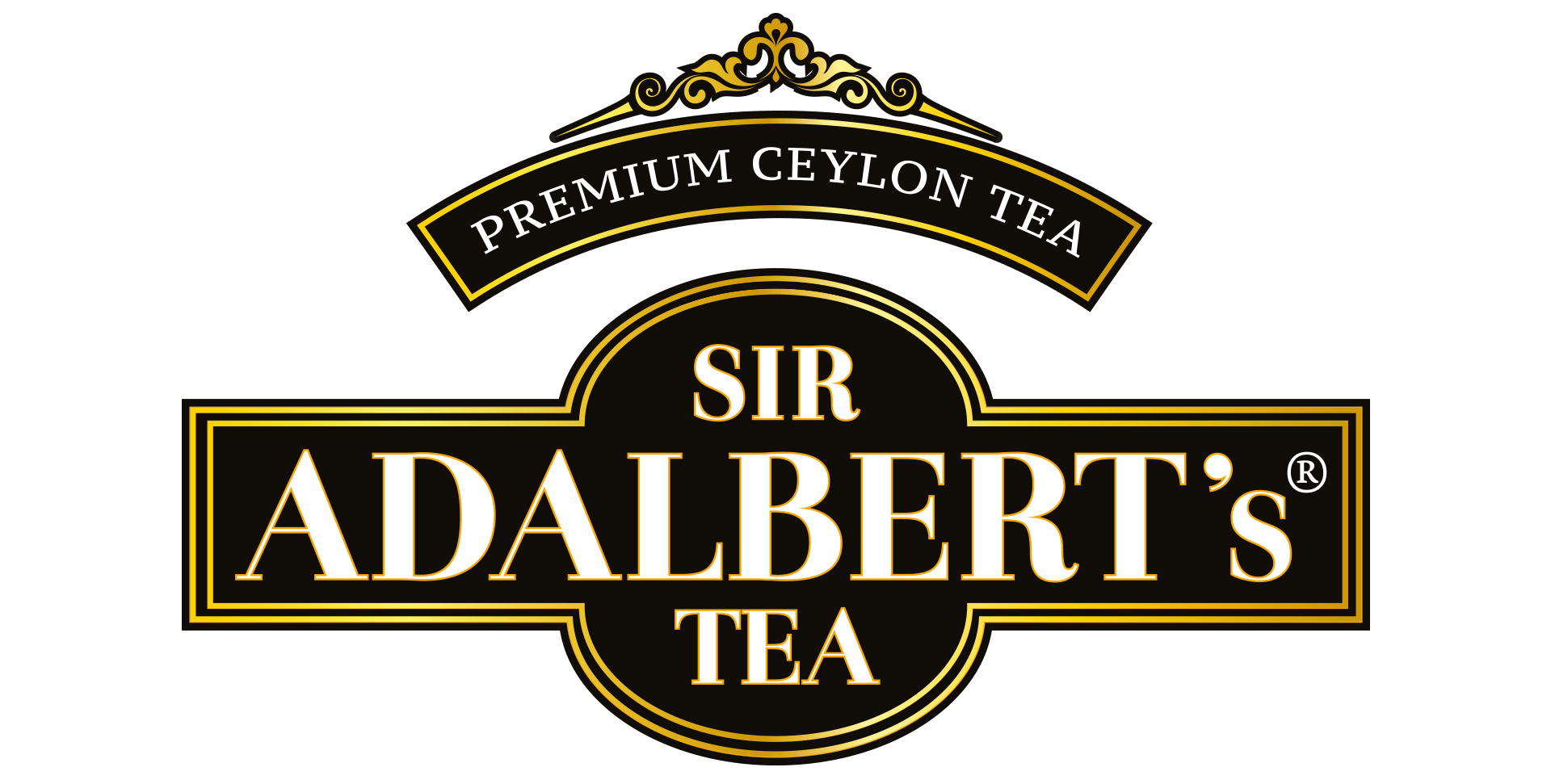
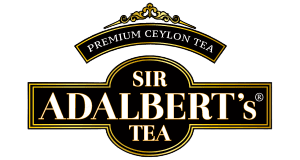
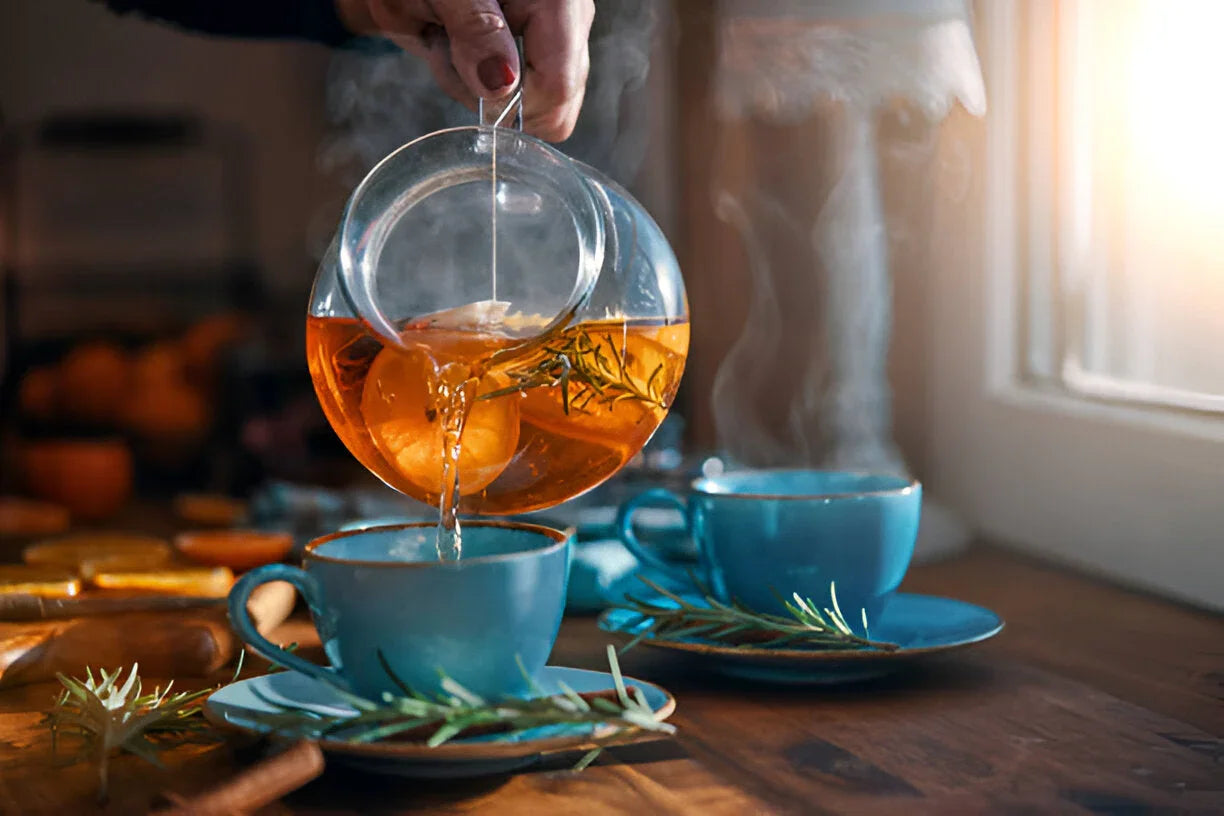
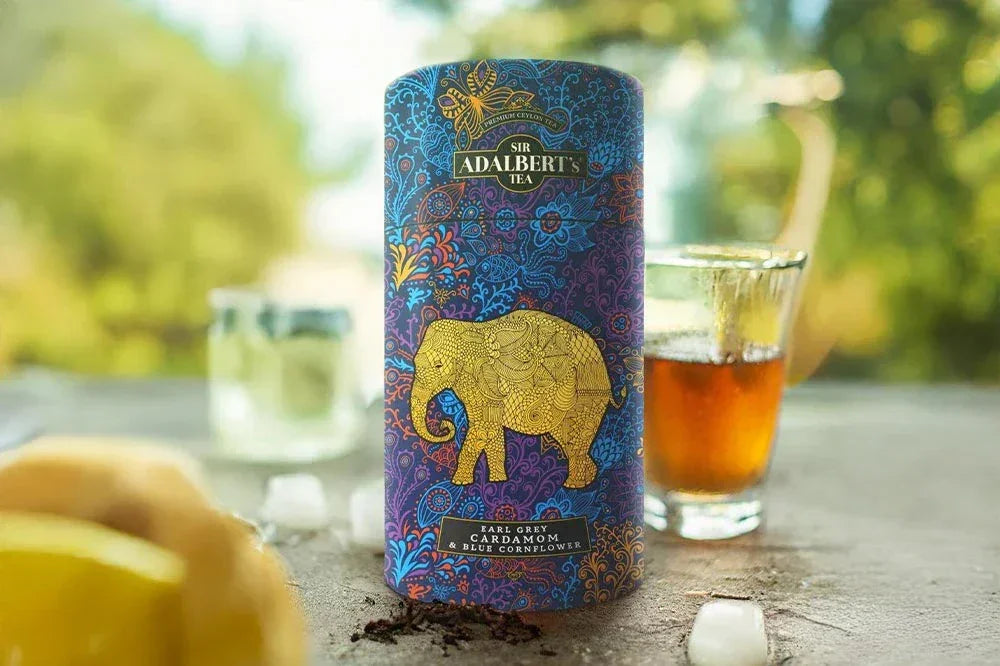
Leave a comment
This site is protected by hCaptcha and the hCaptcha Privacy Policy and Terms of Service apply.